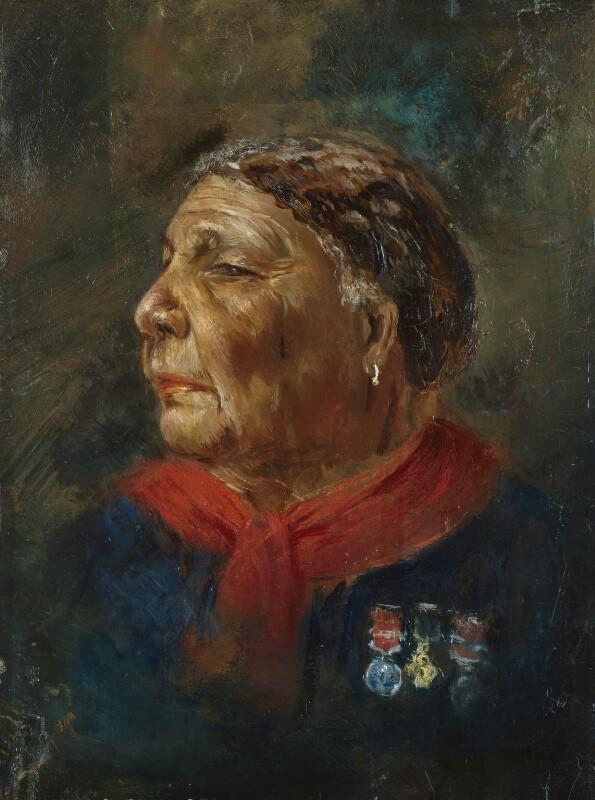March 16, 2022
The power of speaking rather than reading and writing stories

Jessica Khuu knows all about oral storytelling. The fourth-year honours English student in the Faculty of Arts grew up hearing her mother and grandmother telling the same stories over and over to help remember them, because neither woman could read or write.
“I'm doing research on oral cultures and preserving unwritten histories, particularly with the women in my life,” says Khuu. “My grandmother grew up around World War II and she migrated to Cambodia, and the Cambodian genocide happened a few years after my mom was born. My mother was pulled out of school and she and her siblings were stranded in a refugee camp for years.”
Khuu is working with Dr. Karen Bourrier, PhD, associate professor in the Department of English, on a podcast on women's writing throughout history. The podcast is funded by a SSHRC Connections Grant and produced in collaboration with the Orlando Project, a digital humanities database exploring the history of women's writing.
Bourrier, who co-hosts the podcast with Dr. Kathryn Holland, PhD, of MacEwan University, says it ties back into a long history of women and oral culture. “A lot of women writers in the 19th century would've gotten their start telling stories to children and then publishing them. This is like a reversal because we're working with a database of published works and trying to bring it into an engaging, accessible oral form.”

Mary Seacole by Albert Charles Challen, oil on panel, 1869
National Portrait Gallery, London
The podcast, which launched in late 2021 with the help of Christie Hurrell, director of Lab NEXT in Libraries and Cultural Resources, as technical and co-creator, aims to bring scholarly conversations about women writers to a wider audience.
In a recent episode, the co-hosts talk with Dr. Alisha Walters, PhD of Penn State about Mary Seacole, a mixed-race nurse and contemporary of Florence Nightingale, who wrote Wonderful Adventures of Mrs. Seacole in Many Lands in 1858. Seacole has only recently re-emerged as an important historical figure and writer.
Bourrier, a collaborator in the Orlando Project, came up the idea for the podcast after suffering a severe concussion in a car accident. She couldn’t read anything for more than two months and turned to podcasts instead.
I noticed that there was not a lot of conversation going on about historical women's writing. I thought it would be great to bring these stories into an oral form that people could consume while they're walking their dog or doing the dishes.
- Karen Bourrier
Bourrier hired Khuu to produce and edit the podcast after the student aced the job interview. “It's one of the more accessible English podcasts out there,” says Khuu.
“It's a good starting point for people who are looking to delve into women's literature in general. And it’s interesting to hear how these scholars very much live through their work. The women they study actively play a role in how they perceive the world around them and how they relate to different aspects of their lives.”
This hits home for the young woman who grew up listening to her mother and grandmother repeat the same stories. “I lived their stories shaping my experiences and I wanted to bring it into my research and the work that I've been doing in the academy, which is a world that they don't have access to because they cannot read or write.”





![[now innovating]](/news/sites/default/files/styles/ucws_news_hero_image_thumb_sec/public/2021-09/21-OPR-202650-Now_Innovating_Podcast-Web-SAHero-1920x768_2.jpeg?h=3ed4c887&itok=fVueSBXr)
